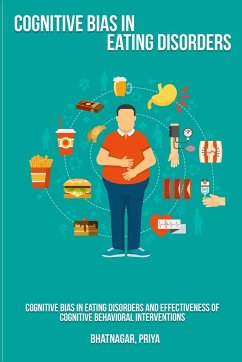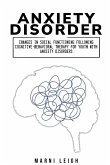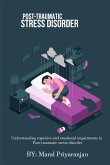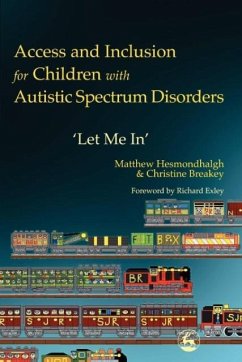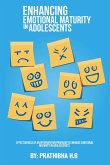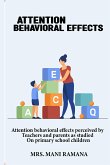Eating Disorders (ED) involve extreme disturbances in eating behavior. It varies from the normal eating deviations in terms of its propensity, manifestation and can be broadly categorized into (1) Anorexia Nervosa (AN) (2) Bulimia Nervosa (BN) and (3) Eating Disorder Not Otherwise Specified (EDNOS). AN is characterized with refusal to eat food accompanied with acute body image disturbance. BN is classified with repeated bouts of overeating with a severe sense of low self esteem. EDNOS on the other hand, lies at the subthreshold level and includes patients that do not completely meet the criteria of both AN or BN. Role of cognition is observed to be at the epicenter in causing ED. AN is characterized by higher level of metacognitive capacities accompanied with a lack of positive beliefs. In case of BN, dysfunctional beliefs regarding weight and shape trigger binge and other compensatory behavior, forming the nucleus of the pathology. With respect to social cognition, ED patients are found to show elevated hostile intent accompanied with pessimistic emotions, avoidant and intrapunitive strategies. The elevated magnitude of this cognitive fallacy leads to inaccurate percept of the body followed by extreme aberrations in eating behaviour. The pursuits of thinness, perfection manifested in rigid compensatory rules have been identified as core predictors of ED. With this perceptual disturbance, analogous is depression and low self esteem also at times triggering a binge in light of its vicious circularity. The vicious binge-purge cycle propelled with low levels of self esteem lead to emotional plunge and helplessness. Wellbeing of the individuals thus is viewed as an index and in direct equation to adaptive cognitive processes and healthy eating behavior. Dysfunctional cognitive progression can lead to maladaptive eating behavior and thereby reduce the sense of wellbeing.
